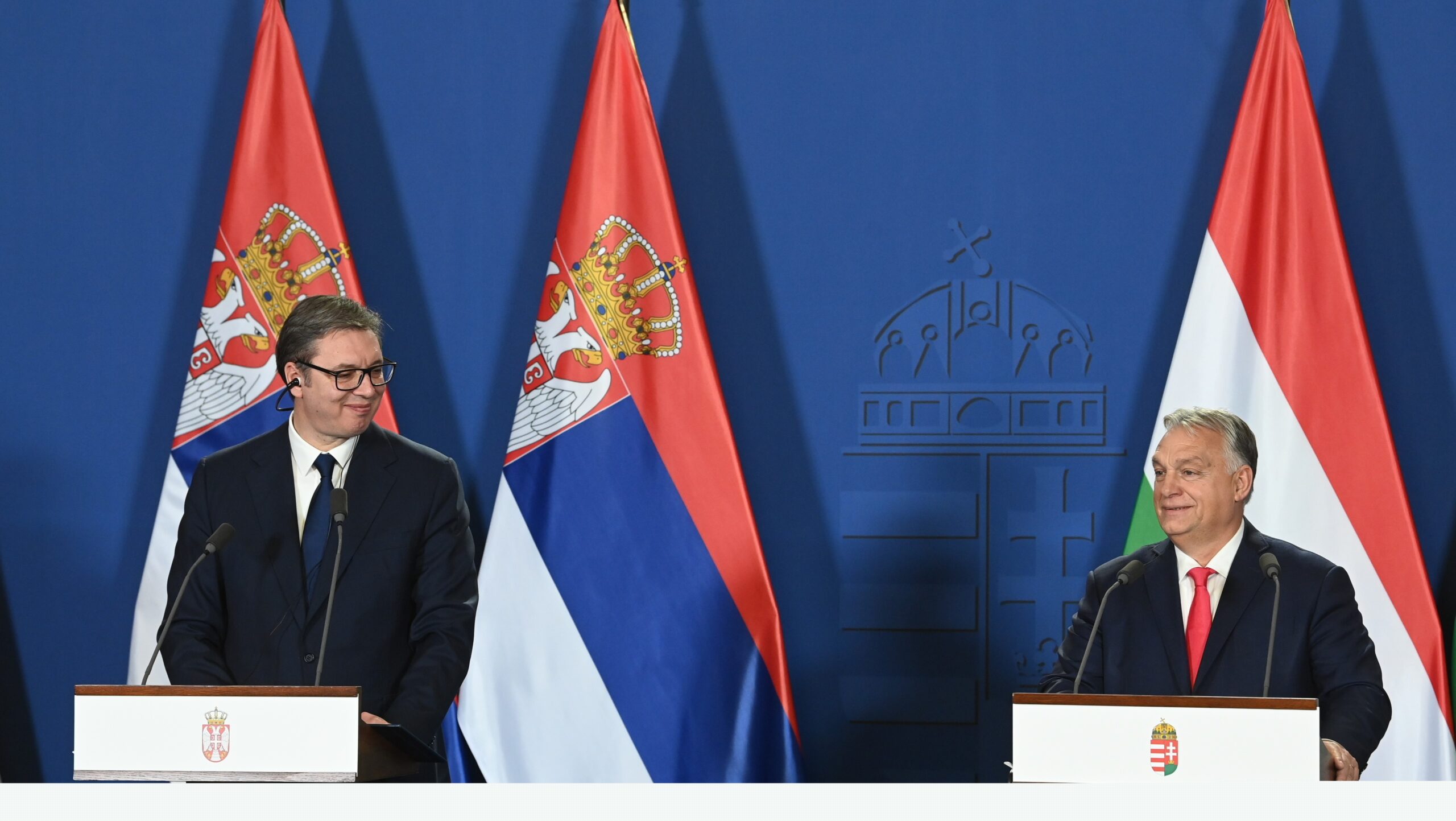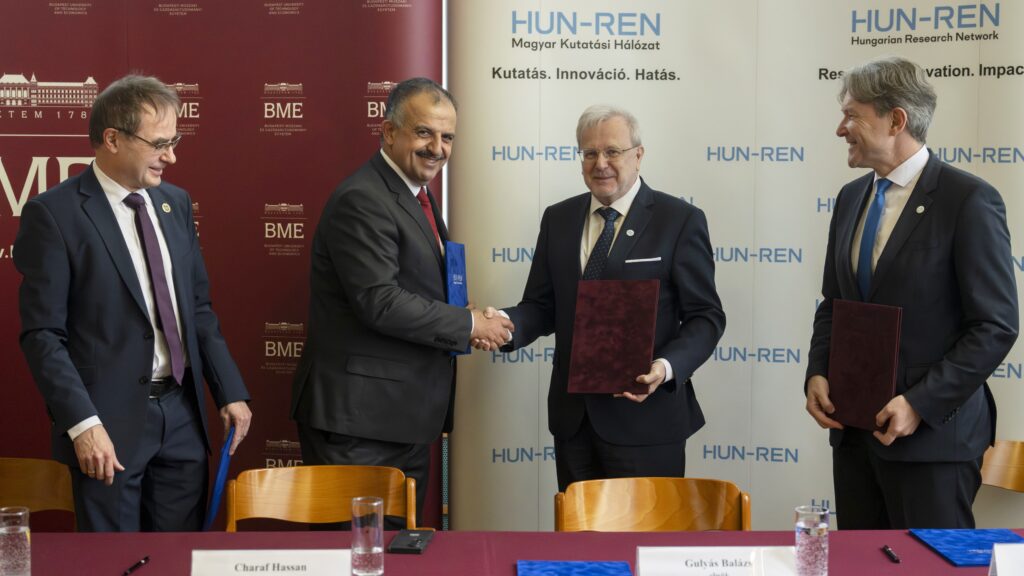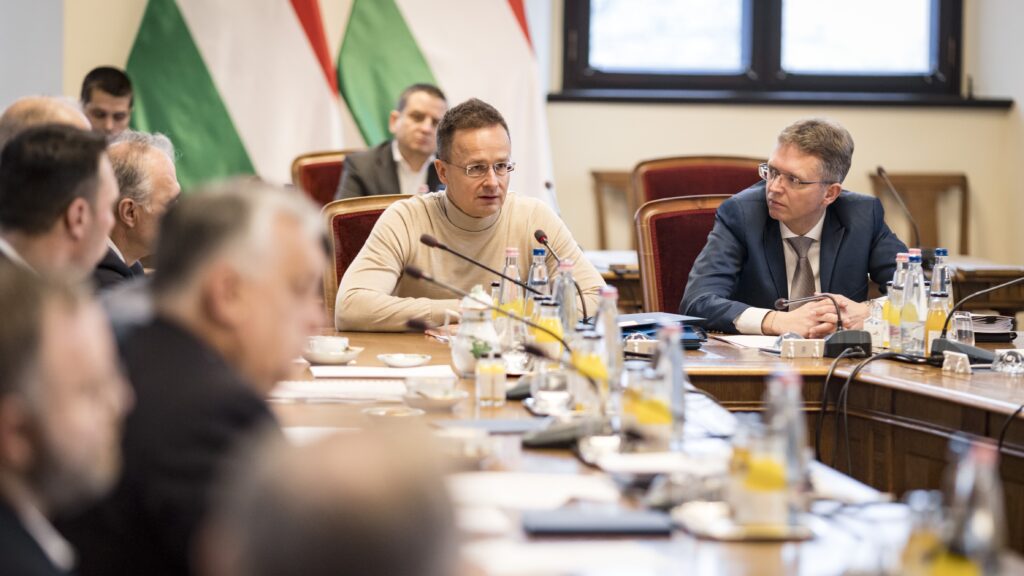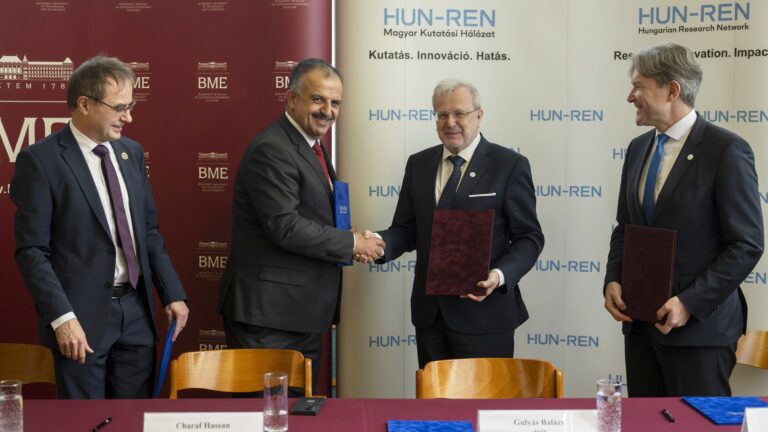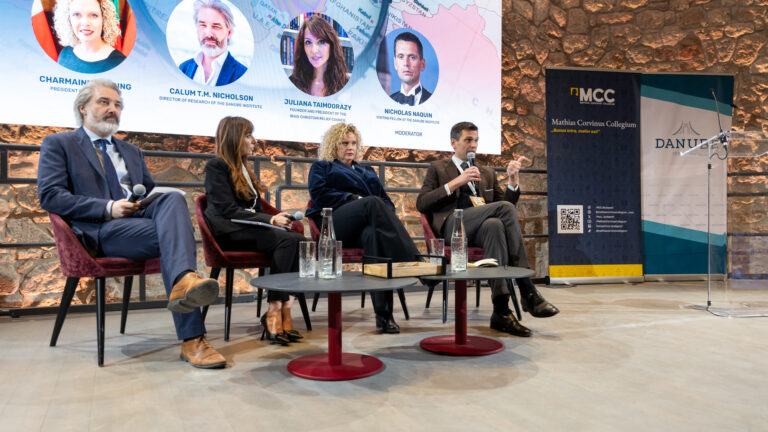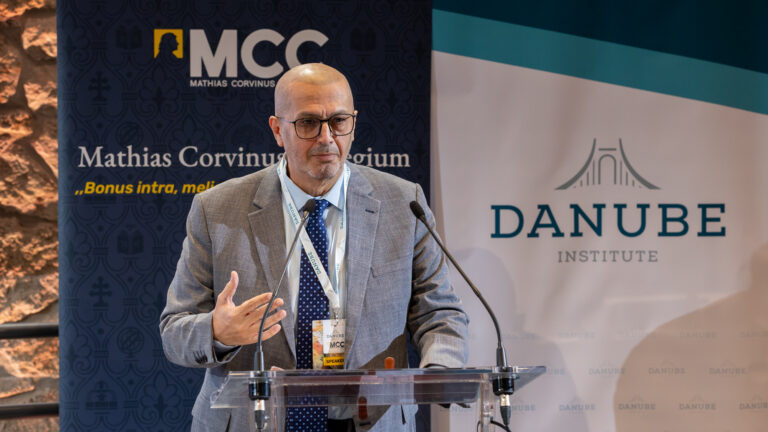The ties between Hungary and the Balkan countries are historical, very important for both sides, but potentially extremely important for the future of Europe and certainly this part of the world. The hypothesis and recommendation of this article are that Hungary could, in the future, strengthen its influence in the region, benefiting both itself and the populations of these countries by affirming and emphasizing its conservative and pro-family values.
The Balkan countries form a very complex mosaic of cultures, religions, and identities. Due to this complexity and strategically important position at the crossroads of major roads, they represent an ideal space for the play of great powers, and they cause instability when necessary. However, the people who live there care greatly about stability, peace, investments, economic growth, and the overall stabilization of the area.
Slovenia has been a member of the EU since 2004, and its attitude towards the Balkans is reduced to attempts to import as many young people as possible from other countries, in an effort to compensate for the demographic decline that all states and entities in the region are otherwise facing. Croatia has been in the EU since 2013, but despite the elite’s constant refusal to see itself as Balkan, its language, Slavic origin and also the need for a labour force inevitably tie it to the rest of the Balkans. Moreover, there is a perception in the circles of the Croatian elite that too much turning towards the West and potential problems in relations with Italy or Hungary necessitate reaffirming the South Slavic component of identity. If we exclude Bulgaria, Romania, and Greece—which are a world unto themselves, and are all EU members—that leaves us with what is somehow unfortunately called the Western Balkans: Serbia, Montenegro, North Macedonia, Bosnia and Herzegovina, Albania, and the entity of Kosovo, which most of the EU states treat as a separate state.
These countries have been awaiting European integration for over three decades. It has been 22 years since the Thessaloniki summit. There is a joke in Serbia that it will join the EU right after Türkiye. Despite high support among the population—except in Serbia—for EU membership, no one really hopes for any relatively soon entry. The inclusion of Ukraine and Moldova has further discouraged population, and the focus is mainly on building bilateral relations and geopolitical diversification towards anyone who can bring money for roads, energy, factories and other necessary investments.
In this vacuum, Hungary can play a very significant role. Despite the understandable strong commitment to the region’s European integration, Hungary should continue to build strong bilateral relations, utilizing multilateral gatherings such as the Budapest Forum of the MKI to further deepen ties—since 2016, Türkiye has built a much stronger presence by separating its interests from the earlier emphasis on Euro-Atlantic integration. Hungarian investments and economic cooperation are progressing year after year, which raises the reputation of both the country and its leaders, as well as general trust. However, Hungarian conservatism and a very important place in relations with Trump and other patriotic and conservative subjects represent a serious resource of soft power and are currently underutilized.
‘In this vacuum, Hungary can play a very significant role’
Hungary, as the most serious neighbour, is a symbol for the Balkan people that it is possible for smaller states to conduct independent policies, resolutely defending their own interests, with the understandably necessary balancing in relations with great powers. Budapest’s successes in resolving inherited debts are being taken very seriously, as are its positive economic development results linked to attracting investments from around the world—including China—and even its relative neutrality towards the war in Ukraine is being seriously understood and respected. To make no mistake, we are not just talking about Serbs for whom Orbán is an example of the kind of politics they would like to see more present in their country. Although this cannot be seen in the media and academia, which are under the formidable control of Western globalist foundations and corporations, ordinary people from North Macedonia to Herzegovina and Croatia greatly respect the type of moderate, sovereign, and balanced politics that Budapest is pursuing. No one here wants war with the Russians, and for many, Putin is also a symbol of anti-globalism and conservative politics, which is often based more on projections than on actual knowledge of Russia. However, in any case, it reveals what people want.
Perhaps the most important of all is the pro-family, anti-Brussels policy that everyone in the region yearns for, except for a small number of mostly corruption-prone liberals in the public sphere and politics. The reason for the very low popularity of the EU in Serbia is primarily the extremely anti-family policy that Brussels and its commissioners are constantly imposing and promoting. In 2021 alone, the terrible Law on Gender Equality and the radicalized Law on the Prohibition of Discrimination were imposed, and the Law on Same-Sex Registered Partnerships was barely stopped. With the help of the Church, the Gender Law was suspended last year after a great fight.
‘Hungary…is a symbol for the Balkan people that it is possible for smaller states to conduct independent policies’
The same is true in all surrounding countries where embassies of some Western nations, the European Union, and similar actors brutally impose such legal solutions, destroying families, thereby actually encouraging a drop in the birth rate, an increase in the number of divorces, etc. At the same time, the region is losing population because Germany, but also other Western countries, are ruthlessly taking away educated and young people. The Balkans are experiencing a significant population decline, and no one is even allowed to talk about these issues because it is clear that the source of this tendency is the harmful ideology sent by Brussels.
Therefore, a stronger academic, media, and social presence of Hungary, with its clearly defined ideology of family and population renewal, would be extremely warmly and well received, especially in Muslim environments such as Sarajevo, Pristina, Novi Pazar, etc. Despite the discomfort due to the relatively close cooperation of Budapest with Belgrade and Banja Luka recently, with the right approach and opening of dialogue, Hungary, by affirming its conservative policy, could easily find serious partners among this very significant part of the population, of indigenous Slavic origin, and a part of Albanians. In short, for the vast majority of the people in the region, Hungary would be the most acceptable and desirable form of Europe and Europeanization. Of course, the close connection with Trump, whom many truly appreciate and respect in the Balkans, also significantly contributes to this.
‘The Balkans are experiencing a significant population decline, and…the source of this tendency is the harmful ideology sent by Brussels’
There are many forms and mechanisms for promoting Hungarian conservative politics as a model, opposed to the Brussels–Biden gender and Green Deal madness. Conferences, panels, summits, cooperation with those academic institutions and think tanks that dare to do so, organization with local partners of visits by numerous conservative activists and thinkers who either live in Budapest or come there as visiting scholars, then the promotion of pro-family and pro-natality policies, the Hungarian tax system that encourages tax exemptions instead of direct donations, connections with influential local portals and other media, etc. We should not forget about cooperation with churches and other religious organizations, which are, by nature, especially in the Balkans, one of the bearers of conservative values. For example, it would be crucial to initiate a dialogue on possible cooperation between patriots and pro-family forces from different religions, churches and nations. A carefully designed and implemented policy of this kind, which would work on a sincere basis with local partners, and not with liberal pro-Brussels clients, would mean a lot to the region, but also to Hungary, which would thus significantly increase its presence in the Balkans, and thus its position towards Brussels, Washington or Moscow as an important regional entity.
Related articles:

